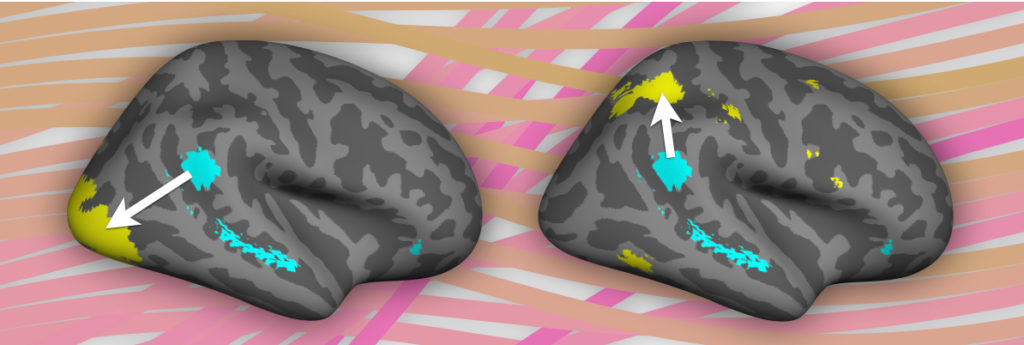How does our brain enable us to pay attention selectively to some things, and to ignore others? What happens in the brain when we make important decisions? Our research focuses on understanding the neural basis of cognitive phenomena such as selective attention and decision making. To address these questions, our group has developed quantitative approaches that combines neuroscience experiments, model-based analyses (e.g., signal detection theory, machine learning, dynamical systems) as well as computer simulations. Using cutting-edge, non-invasive techniques, including functional neuroimaging (fMRI), diffusion imaging (dMRI), high-density electroencephalography (EEG), and transcranial electrical and magnetic stimulation (tES/tMS), we directly measure or perturb brain activity in human subjects performing cognitively-demanding tasks. The overarching goal is to develop a unified framework that describes how cognitive phenomena emerge from neural computations by a systematic analysis of brain and behavior
Faculty: Sridharan Devarajan, CNS and Govindan Rangarajan, Math
